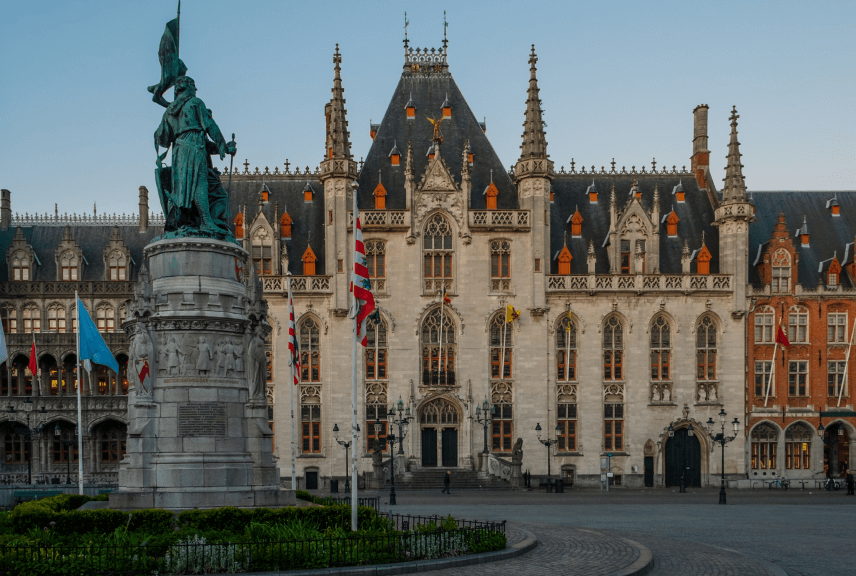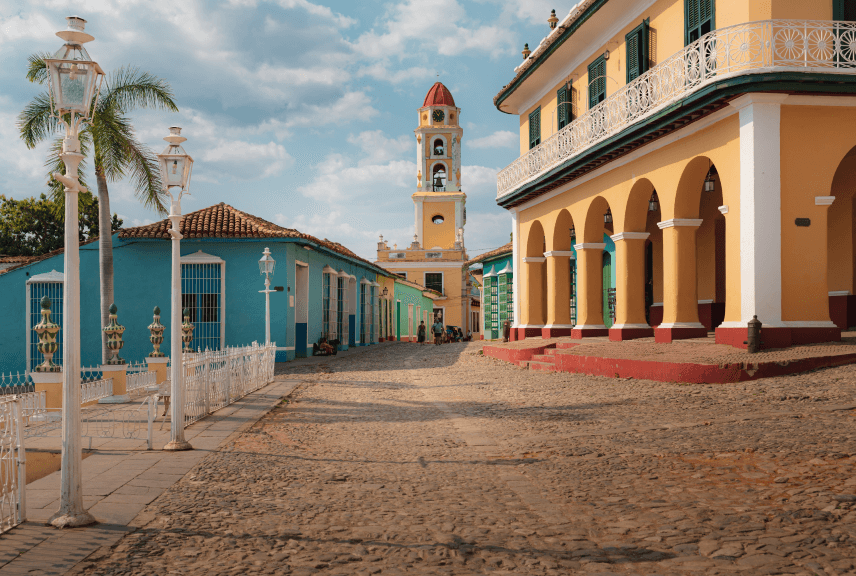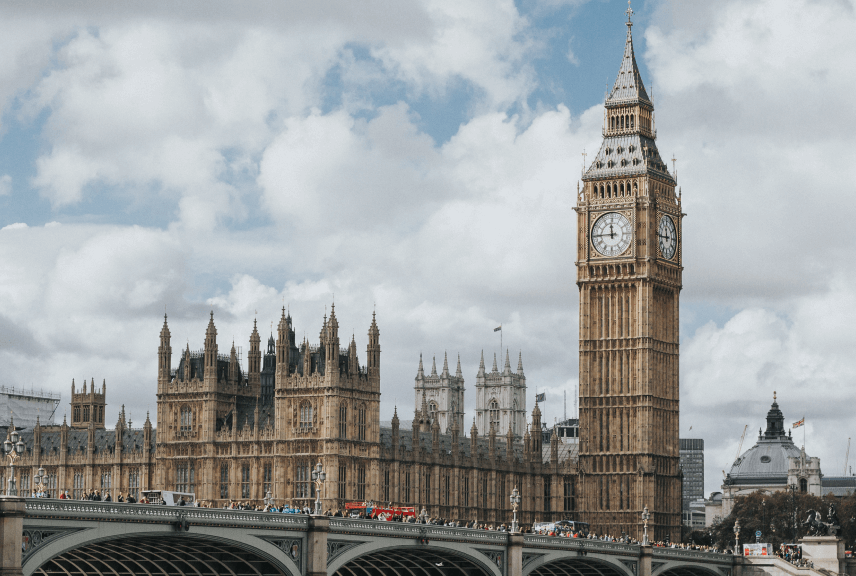Tuesday, December 3, 2024
UN Tourism, in collaboration with the ONCE Foundation and the Spanish Association for Standardization, is calling on tourism destinations and businesses globally to improve accessibility for travelers with disabilities and seniors. This message, delivered in celebration of International Day of Persons with Disabilities, underscores the untapped potential of accessible tourism and its far-reaching economic and social advantages. Despite 1.3 billion people worldwide living with significant disabilities, many destinations and tourism providers continue to overlook the benefits of welcoming this important demographic.
Through the release of the ISO 21902:2021 Standards on Accessible Tourism, UN Tourism and its partners are providing a roadmap for both destinations and businesses to tap into this growing market. By making small but impactful investments in accessibility, these stakeholders can not only enhance the travel experience for people with disabilities and older travelers but also significantly boost their economic performance.
A Rising Demand for Accessible Travel
Recent studies highlight the growing demand for accessible travel options. With 1.3 billion people globally affected by significant disabilities, the need for accessible tourism experiences is immense. At the same time, the aging population is set to rise dramatically, with projections showing that by 2029, 1 in 6 people worldwide will be over the age of 60, many of whom will require specialized services when traveling.
Additionally, travelers with disabilities often travel with 2 to 3 companions, further increasing the potential market for accessible tourism. In the European Union, over 70% of the 80 million people with disabilities are capable of traveling and enjoying tourism experiences. In the Asia-Pacific region, the potential market stands at 690 million people, while in Latin America and the Caribbean, it reaches 85 million people.
Investing in Accessible Tourism: A Smart Business Strategy
The newly released guidelines from UN Tourism and its partners offer practical insights into how destinations and tourism businesses can improve accessibility. From infrastructure improvements to the adoption of innovative technologies, there are numerous ways to create more inclusive travel experiences. These small changes not only enhance the lives of a significant portion of the population but also bring economic rewards to the tourism industry by attracting a wider range of travelers.
Accessibility is not just a moral obligation—it is also a smart business strategy. By investing in accessible tourism, destinations can increase their appeal to a growing, under-served market. Moreover, accessible tourism fosters inclusivity and diversity, strengthening the reputation of destinations as welcoming places for all travelers.
In conclusion, accessible tourism represents a vast, largely untapped market that offers significant potential for growth and innovation. On this International Day of Persons with Disabilities, UN Tourism urges the tourism industry to prioritize accessibility, ensuring that travel is inclusive, welcoming, and accessible to all.
UN Tourism Secretary-General Zurab Pololikashvili says: “Everybody should be able to enjoy tourism. At UN Tourism we have been advocating for accessibility for many years, and the benefits have never been clearer. The new guidelines on accessible tourism, produced by UN Tourism and our partners, set out how both destinations and businesses can harness the power of innovation and investment to boost accessibility in every way.”
Accessible tourism is rapidly emerging as a game-changer for improving the performance of destinations, particularly during the mid- and low-tourism seasons. With a diverse and loyal customer base, accessible tourism not only boosts visitor numbers but also creates jobs and significantly enhances the reputation of destinations and businesses that embrace inclusivity. By welcoming all visitors—regardless of disabilities—destinations position themselves as leaders in global tourism.
To help tourism businesses and destinations tap into the potential of accessible tourism, UN Tourism, in collaboration with its partners, has released six comprehensive sets of guidelines. These guidelines were developed in partnership with the ONCE Foundation, the Spanish Association for Standardization (UNE), and the European Network for Accessible Tourism, along with numerous other industry collaborators.
Key Areas of Focus
The guidelines emphasize the importance of the International ISO 21902:2021 Standard on Accessible Tourism, highlighting best practices for various sectors within the tourism industry. The target groups for these guidelines include:
- National tourism administrations and destination management organizations
- Accommodation, food and beverage, and MICE companies
- Travel agencies and tour operators
- Transport sector
- Heritage sites and cultural institutions
- Organizations and businesses operating in protected nature areas
The guidelines offer strategic, actionable recommendations to enhance accessibility and ensure that all travelers, regardless of ability, can enjoy tourism on equal terms. By implementing accessibility measures, businesses and destinations can improve comfort, service, and the overall quality of life for both visitors and host communities alike.
A Collaborative Approach to Accessible Tourism
The upcoming Madrid International Tourism Fair (FITUR 2025) will serve as a key platform to discuss and explore the implementation of these guidelines. UN Tourism is grateful for the support of its 15 strategic partners, who include:
- European Accessibility Centre-AccessibleEU
- European Network for Accessible Tourism (ENAT)
- Turismo de Portugal
- Ministerio de Turismo y Deportes de Argentina
- World Sustainable Hospitality Alliance (WSHA)
- International Association of Executives & Hotel Managers (CIDH)
- ICOMOS-International Cultural Tourism Committee
- IUCN-Tourism and Protected Areas Specialist Group
- National Forest Corporation of Chile
- International Air Transport Association (IATA)
- International Union of Railways (IUC)
- Fédération Internationale de l’Automobile (IUC)
- Cruise Lines International Association (CLIA)
- Sage Accessible Travel Solutions
- Impulsa Igualdad-Tur4All
These partners play a crucial role in the effort to make tourism more inclusive, demonstrating a collective commitment to improving the travel experience for all.
Conclusion: Unlocking the Power of Accessible Tourism
The guidelines set forth by UN Tourism provide a clear path for businesses and destinations to embrace accessible tourism as a tool for growth and inclusivity. By following these recommendations, tourism operators can attract a wider range of visitors, enhance their reputation, and create a more sustainable and equitable tourism industry. As we look forward to FITUR 2025, the tourism industry is poised to take significant strides toward a more inclusive future.


















